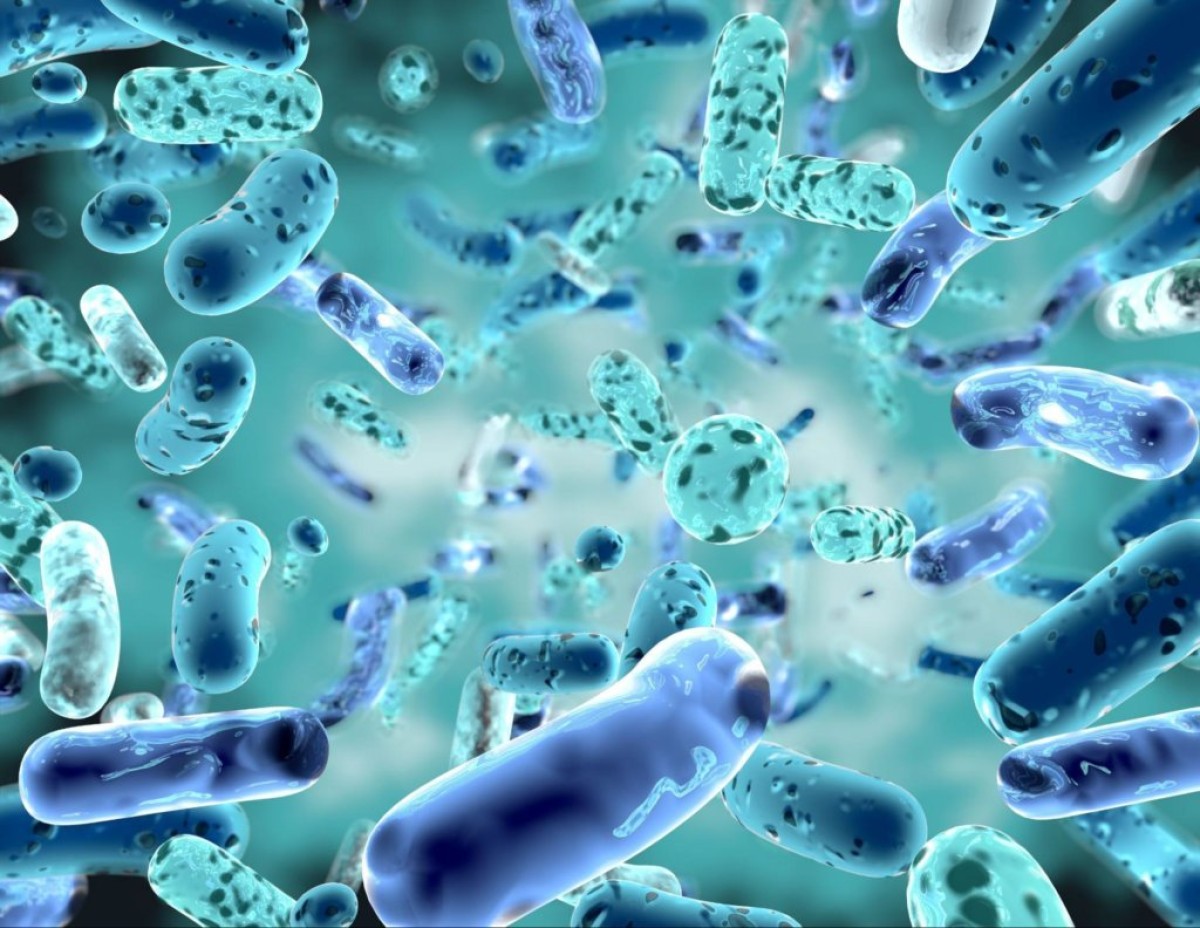The Role of Probiotics in Managing Depression
In recent years, the connection between gut health and mental health has garnered significant attention in the scientific community. One of the most intriguing findings is the potential role of probiotics in alleviating symptoms of depression. This comprehensive review will delve into the findings of a pivotal study published in the journal Nutrients that explored the impact of probiotics on depression, and how these insights can be integrated into a holistic approach to mental health care.
Understanding Depression and Its Impact
Depression is a prevalent mental health disorder characterised by persistent feelings of sadness, hopelessness, and a lack of interest or pleasure in daily activities. It affects millions of people worldwide and can severely impair an individual's ability to function in daily life. Traditional treatments for depression include psychotherapy, medications, and lifestyle changes. However, the exploration of alternative and complementary treatments, such as probiotics, is gaining momentum.
The Gut-Brain Axis: A Bidirectional Communication
The gut-brain axis refers to the complex communication network that links the gastrointestinal tract and the brain. This axis is facilitated by various pathways, including the immune system, the vagus nerve, and microbial metabolites. Probiotics, which are live beneficial bacteria, are known to influence this axis and, consequently, mental health.
Key Findings from the Study
The systematic review and meta-analysis conducted by Huang et al. (2016) aimed to evaluate the effectiveness of probiotics in reducing depression symptoms. The study analyzed data from randomised controlled trials (RCTs) involving both healthy individuals and patients diagnosed with major depressive disorder (MDD).
Significant Results:
-
Reduction in Depression Scores: The meta-analysis revealed that probiotics significantly decreased depression scores across various scales. The mean difference (MD) for individuals with depressive disorder was -0.30, indicating a notable improvement in depressive symptoms.
-
Impact on Different Populations: Probiotics were effective in both healthy individuals (MD = -0.25) and those with MDD (MD = -0.73). This suggests that probiotics can be beneficial as both a preventive measure and a treatment adjunct.
-
Age-Dependent Effects: The positive effects of probiotics were more pronounced in individuals under 60 years of age (MD = -0.43). However, there was no significant effect observed in people aged over 65 (MD = -0.18), indicating a possible age-related variation in response to probiotics.
-
Mechanisms of Action: The study proposed that probiotics might exert their effects by modulating the gut microbiota, enhancing the production of neurotransmitters like serotonin and gamma-aminobutyric acid (GABA), and reducing inflammation, which is often linked to depression.
Integrating Probiotics into Mental Health Care
Given the promising findings of this study, integrating probiotics into mental health care regimens could offer several benefits:
-
Holistic Health Improvement: Probiotics not only support mental health but also improve gastrointestinal function, enhance immune response, and protect against various pathogens. This holistic improvement can contribute to overall well-being.
-
Non-Invasive and Safe: Probiotics are generally safe for consumption and can be easily incorporated into the diet through supplements or probiotic-rich foods like yogurt, kefir, sauerkraut, and kimchi.
-
Complementary Therapy: For individuals already undergoing treatment for depression, probiotics can serve as a complementary therapy, potentially enhancing the effectiveness of conventional treatments.
Future Research Directions
While the current study provides strong evidence supporting the use of probiotics for depression, further research is needed to:
- Identify specific strains of probiotics that are most effective for mental health.
- Understand the long-term effects of probiotic supplementation.
- Explore the mechanisms underlying the age-related differences in response to probiotics.
Conclusion
The study by Huang et al. underscores the potential of probiotics as a promising strategy for managing depression. By positively influencing the gut-brain axis, probiotics can play a vital role in supporting mental health. At New England Chiropractic, we advocate for a holistic approach to health, recognising the interconnectedness of body and mind. Incorporating probiotics into your wellness routine could be a beneficial step towards achieving optimal health and well-being.
For more information on this study, you can read the full article here.
References:
- Huang, R., Wang, K., & Hu, J. (2016). Effect of Probiotics on Depression: A Systematic Review and Meta-Analysis of Randomized Controlled Trials. Nutrients, 8(8), 483.


